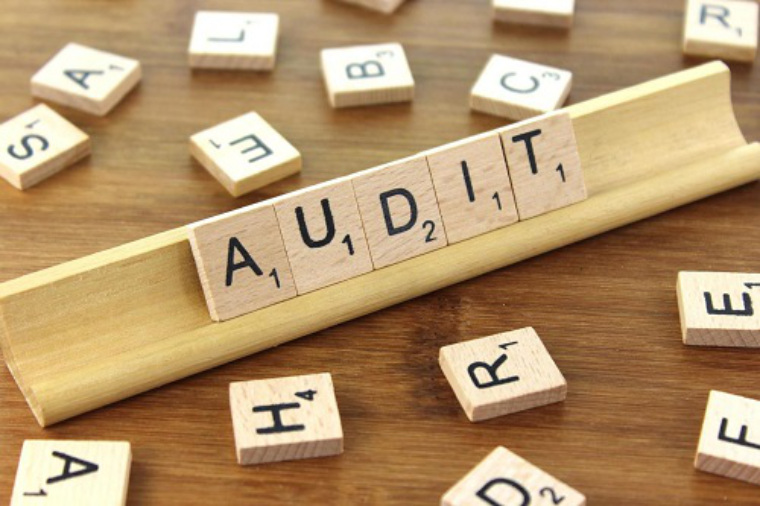If you run an SME, the likelihood is that you don’t have a large HR team to tackle all of the areas of HR that are essential to support your business.
Many SMEs don’t have an HR function at all; they have an office manager who does a great job juggling all of the business support tasks that you send their way. Of course, the challenge with this is not to drop a ball. Then, when SMEs grow to about 50 employees, they start investing in the function and hire an HR professional. This is usually someone who is experienced enough to be autonomous but not so senior that they’re put off by the more administrative parts of the job.
The inherent issue with the early steps of introducing an HR function within a business is that the role is extremely busy dealing with a wide disparity in people practices across the teams and having to create everything from scratch for each new activity to undertake. This leaves no time for the job holder to reflect and take a step back to look at the bigger picture. As a result, this role is often reactive and what is urgent and important takes priority over checking that every part of the function is developed to the level it should be to better serve the interests of the business and its employees.
One tool that can help taking this step back and assessing what needs doing is an HR Audit. These can be wide ranging or focus on specific areas of HR and tailored to the level of maturity of the organisation. The outcome of your audit enables you to make informed decisions as to current risks, needs and the future direction of travel for your HR function.
It’s important to note that an audit complements what you already do and is a tool to help you identify the areas of HR which require care and attention; and this from an outside and neutral position. One clear benefit with this is that you’re not limited to the skills you have available in-house to identify what needs to be done.
For our audits we work in partnership with internal teams and may use a variety of methods such as interviews and reviewing documentation. The methods used will depend on what is audited and who can be made available for the audit. It goes without saying that the more supportive the business is of the process, the more accurate the results will be.
Let’s now look in more details at what you can get from an audit.
Which areas of HR can you audit?
The short answer is any of them, there’s no one size fits all. It often depends on what you want to find out and the direction of travel of your organisation.
The usual areas that are audited are the compliance parts of HR such as policies, procedures, handbook… and the internal compliance to these!
People practices are also often subject to an audit such as performance management practices, communication channels, people data, HR Systems, learning and development initiatives, recruitment or induction processes.
Strategic audits to check alignment of the HR function with the needs of the business are often very useful as well as external auditing and benchmarking on compensation and benefits.
Focusing on your org chart, job analysis, job leveling and carrying out a skills gap analysis can also be a great way to gain some insights into where you need to move towards to tackle an ambitious growth plan for example or to position your business better for the future.
The good news is that, whatever you are wondering in terms of HR within your organisation, it can be assessed via an audit. You are then free to take any follow up actions internally. It goes without saying that the expected outcomes of the audit need to be clearly identified from the outset to ensure alignment at the delivery stage.
What do you get out of it?
An audit will inform the current status of the audited areas, analyse it and suggest an action plan to tackle the issues including suggesting where the accountability lies within your organisation to take action.
An audit can impact your strategy and clarify the operational priorities within it. It can indeed be used as a pre-strategy defining tool to give you a clear view of the needs of the business; or be a standalone compliance check exercise to inform required quality improvements and lowering the exposure to risk for your company.
Last but not least, we often recommend that audits are carried out periodically and encompass different areas of HR to make sure that a step back is regularly taken to challenge the status quo. This is particularly beneficial in very busy and fast growing businesses for the reasons already mentioned earlier.
Now that you know what HR audits can encompass and what outputs you can expect, you will have no doubt realised that HR audits aren’t just for large bureaucratic companies. They play a serious role in enabling your SME to get a great service from its internal HR function or to deliver on HR fronts without one.
If you want to see what we’re recently audited for a client, check out our case study.
